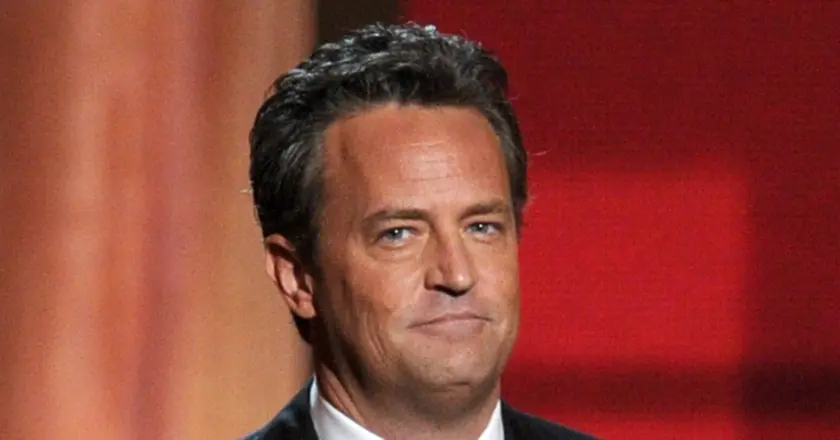T4K3.news
Perry ketamine plea latest
Jasveen Sangha agrees to plead guilty to five charges in Matthew Perry's ketamine death case; sentencing expected soon.

Jasveen Sangha agrees to plead guilty to five federal charges connected to Matthew Perry’s 2023 ketamine death.
Perry ketamine case advances with Sangha plea
Jasveen Sangha has agreed to plead guilty to five federal charges, including maintaining a drug involved premises, three counts of distribution of ketamine, and one count of distribution of ketamine resulting in death or serious bodily injury. The Justice Department says she collaborated with Erik Fleming to distribute ketamine to Perry, with 51 vials provided to Perry’s live-in assistant, Kenneth Iwamasa, before the death on October 28, 2023. Sangha would be the last of five charged in the case to plead guilty, with sentencing expected in the coming weeks.
The plea comes as prosecutors outline a chain of distribution that includes multiple participants and a clear link to Perry’s death. The DOJ notes Sangha admitted to using her North Hollywood residence to store and distribute narcotics since 2019 and to selling ketamine in connection with another overdose death in 2019. Other defendants, including Iwamasa and Fleming, have already pleaded guilty and face sentencing in November. The narrative here centers on accountability for the drug network that contributed to a high profile death and how federal charges like distribution resulting in death are applied in real cases.
Key Takeaways
"Sangha worked with Erik Fleming to knowingly distribute ketamine to Perry."
DOJ statement on Sangha's role
"Leading up to Perry’s death, Iwamasa repeatedly injected Perry with the ketamine Sangha supplied."
DOJ press release detailing the chain of events
"Dr. Plasencia is profoundly remorseful for the treatment decisions he made."
Attorney statement quoted in coverage
The Perry case highlights how criminal accountability expands beyond the person who uses a drug to the wider network that enables distribution. By tracing Durations of supply, the DOJ builds a public record of who knowingly moved illegal ketamine and how information shifts after tragedy. This is not just a celebrity story; it tests how courts treat those who profit from illegal drug markets that end in loss of life. The coverage also raises questions about media framing and whether sensational details risk eclipsing the broader issues of addiction support and systemic risk in drug distribution networks.
As sentencing looms for Sangha and the other defendants, the case may set a benchmark for how sentences align with the severity of the harm caused by drug distribution. Critics may push for stronger reforms to deter chain operators, while supporters argue that due process and individualized responsibility must guide each plea and punishment. The ongoing narrative will influence public perception of justice in cases tied to celebrities and complex drug networks.
Highlights
- Justice moves slowly but it moves.
- Lives get caught in a dangerous supply chain.
- Accountability travels through every link in the chain.
- Remorse now follows the courtroom.
Sensitive coverage risk in a celebrity linked case
The Perry death case involves crime, illegal drugs, and a public figure, which heightens attention and the risk of sensational coverage. Reporters should focus on facts, avoid speculation about motive, and respect due process as sentencing unfolds.
The Perry case will continue to shape legal standards for drug distribution and accountability.
Enjoyed this? Let your friends know!
Related News

Ketamine Queen pleads guilty in Perry death

Doctor pleads guilty in connection to Matthew Perry's ketamine case

Ketamine Queen pleads guilty in Perry case

Plea reached in Perry ketamine case

Guilty Plea Expected In Matthew Perry Ketamine Case

Ketamine Queen pleads guilty in Perry death case

Ketamine Queen pleads guilty

Dr Salvador Plasencia pleads guilty in Matthew Perry case
